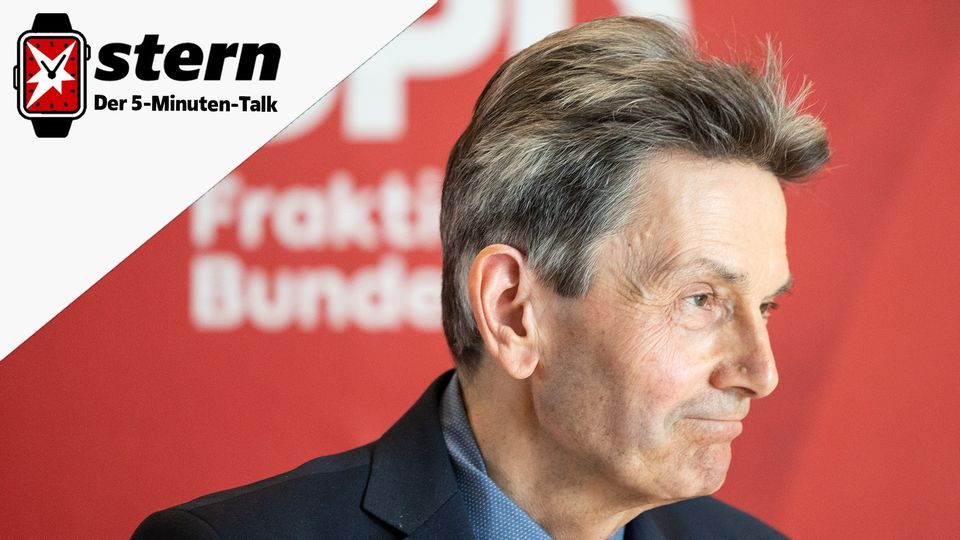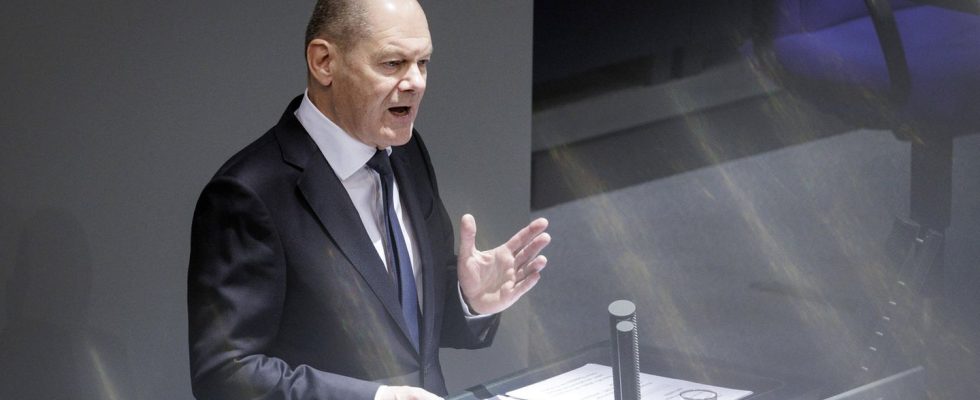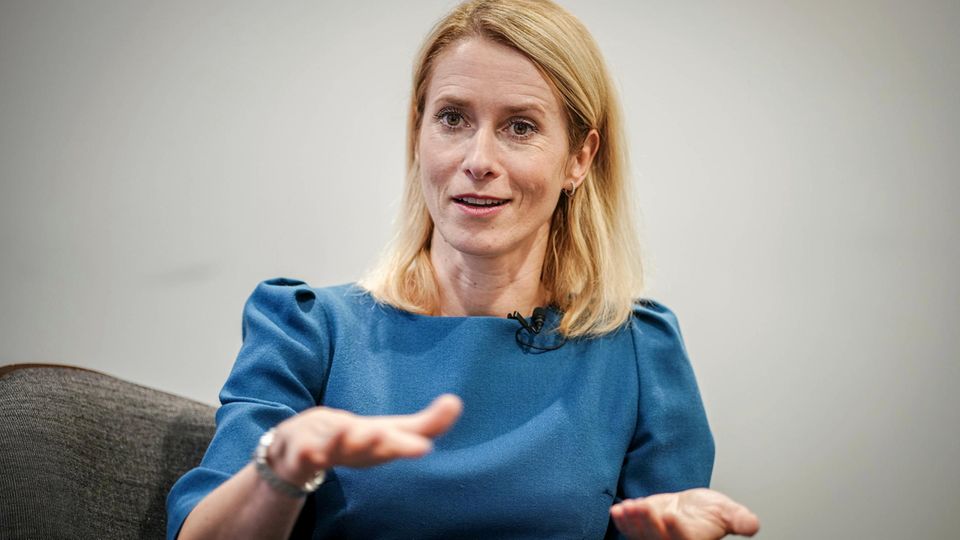column
Fried – view from Berlin
Is Olaf Scholz’s Ukraine policy ultimately just about maintaining power?
“Nobody can yet know whether Scholz is acting correctly or what consequences this will have for Ukraine,” writes star-Author Nico Fried
© Janine Schmitz / photothek / Imago Images
No ground troops, no Taurus – is Olaf Scholz changing his Ukraine policy for tactical reasons? Not everything that looks like an election campaign actually is.
That was fast. Once ground troops have been excluded, once Taurus cruise missiles have been refused – Olaf Scholz is already under suspicion of changing his Ukraine policy and playing on the fear of war because of poor poll numbers.
And doesn’t the party hear exactly the signals? SPD parliamentary group leader Rolf Mützenich suddenly spoke of “freezing” the war in Ukraine. Recently even Gerhard Schröder praised his successor Scholz. Given Schröder’s friendship with Vladimir Putin, this is almost the maximum punishment for the Chancellor’s Ukraine policy. Is Germany now actually only supplying peace doves instead of the bull?

There are certain similarities there. After September 11, 2001, Schröder assured the USA of “unrestricted solidarity” against terror and sent the Bundeswehr to Afghanistan. When George W. Bush mobilized against Iraq under pretextual reasons, Berlin backed out.
Olaf Scholz’s solidarity has limits
Around 20 years later, after the Russian attack on Ukraine, Olaf Scholz gambled away billions of euros and – although sometimes a little hesitantly – as a result delivered more weapons than any other European. However, with his no to ground troops and the Taurus, the Chancellor also made it clear that his solidarity has limits if he sees Germany’s security at risk.
The two wars cannot be compared. However, it is true that Schröder and Scholz derived the legitimacy to say no at some point from their initial commitment, with which they also redrew the boundaries of German foreign policy. But that’s not reprehensible, it’s politics.
Schröder portrayed himself as a peace chancellor
Schröder’s decision back then was the right one, as we know. Nobody can yet know whether Scholz is acting correctly or what consequences this will have for Ukraine. And also not what domestic political effect the Chancellor’s decisions will have. But that is the core of the suspicion against Scholz: that he is trying to copy the election campaign in which Schröder successfully presented himself as peace chancellor in 2002.
Okay, now everyone take a deep breath.
Let’s imagine that Scholz had not reacted to Emmanuel Macron’s statement about ground troops. The debate would have exploded. Is the Bundeswehr moving to Ukraine? Do German soldiers have to shoot Russians? The Chancellor is silent – those who are silent agree. And so forth. Scholz was right to capture that.
The suspicion that Scholz is exploiting the fear of war boils down to this accusation: The Chancellor is clinging to power and, if necessary, sacrificing Ukraine to do so. Scholz is pursuing purely tactical motives. Oh yes, things like that happen in politics all the time. But sometimes it seems to me that some people focus on tactical motives because everything else is too complicated. For me, in retrospect, I couldn’t deny this forever with a clear conscience. Why discuss factual issues when there is also a power struggle to report?
Green Party member Agnieszka Brugger, a consistently knowledgeable MP who supports Taurus deliveries, recently said in the Bundestag that her parliamentary group was of course carefully considering this decision and was aware of its implications. “We won’t let that be denied – not even by the Chancellor.” Brugger rightly received a lot of applause for this. But we should also apply the sentence to Olaf Scholz until proven otherwise.



